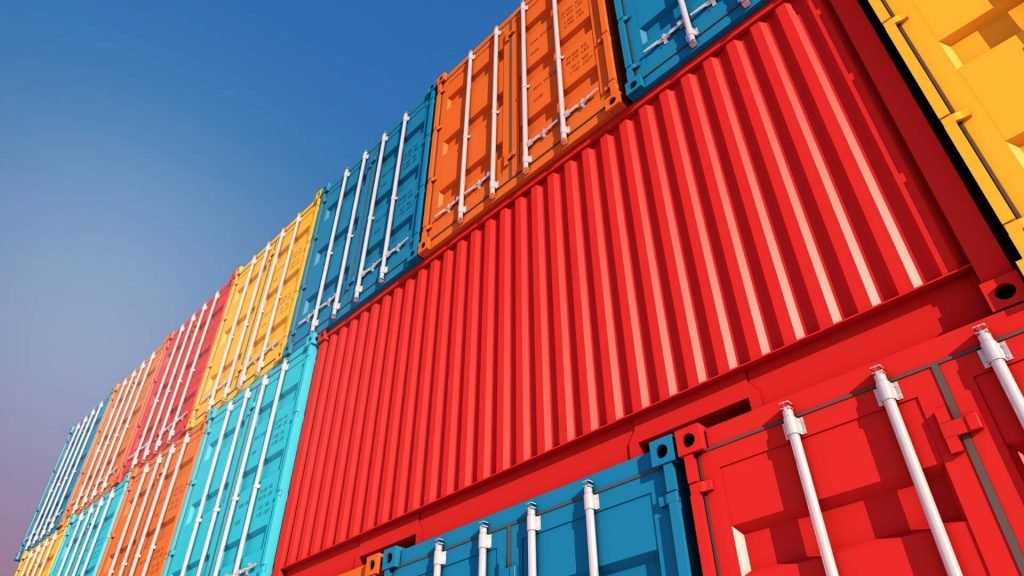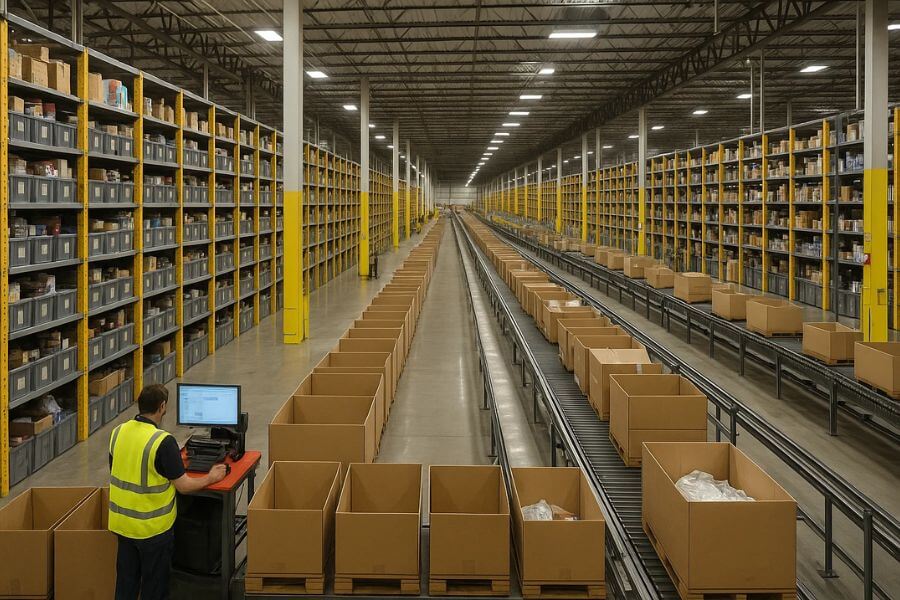Businesses carry a lot of freight throughout the world every year. In this essential and complicated business, the freight brokers, freight forwarders, and freight carriers are significant factors. A freight broker, freight forwarder, and freight carrier assist with cargo transit, but they do so in various ways and in various parts of the shipping sector.
It can sometimes be hard to tell the difference between a freight broker, freight forwarder, and freight carrier, and the words are frequently interchanged. Nevertheless, they all have substantial variations. It’s critical for anybody considering a career in the logistics industry to understand the distinctions.
Don’t fret if you ever get the three identical-looking names mixed up on occasion. You’re not the only one who feels this way. Many individuals, as well as some businesses, utilize both at the same time with little difference. Let’s take a deeper look at them and see what function they play in order to fully explain what they are.
What is a Freight Broker?
Freight brokers operate as middlemen in the transportation process, arranging and planning it. Merchants hire freight brokers to engage third-party companies like freight carriers and freight forwarders to arrange and settle when or how goods are delivered.
Freight brokers do not take control of the items being sent, nor do they own trucks or other equipment used to transport the items. Typically, a freight broker will not handle documentation for his or her customers. Freight brokers don’t usually offer further services like consolidation or packing.
The function of a freight broker would be to make necessary agreements. Transport companies and carriers are connected by freight brokers, who manage the transportation of freight. For broking authorization, brokers have to apply to the Federal Motor Carrier Safety Administration (FMCSA) of the Department of Transportation.
A broker does not assume custody of the cargo. Freight brokers mainly manage cargo with incoming and outgoing destinations in the United States. A freight broker may manage worldwide operations; they are generally limited to a single region.
What is a Freight Forwarder?
Freight forwarders can also handle transportation by hiring third-party operators to convey cargo. In most cases, freight forwarders may not own carriers that are utilized to carry freight. Freight forwarders, on the other hand, play a more active responsibility for the implementation and dispatch of a shipper’s goods than freight brokers.
Freight forwarders provide a variety of services to their customers. Packing, storing, aggregating shipments, and processing customs documentation are all examples of these operations. Freight forwarders use their bills of lading to transport their goods. Freight forwarders frequently have their collection of containers for preparing cargo for shipping.
To transport freight from one location to the next, a freight forwarder works exclusively with all its clients, the transportation firms. They can also warehouse some goods if required. This is useful for many companies.
The FMCSA has granted freight forwarders the freedom to do both statewide and international commerce. Managing international shipments distinguishes freight forwarders, allowing companies to expand their reach and presence. Shipments that go from one nation to another, or via many nations, can account for a considerable amount of freight forwarders revenue.
What is a Freight Carrier?
A freight carrier is an officially recognized person or corporate firm that specializes in delivering cargo from one location to the next. Freight carriers are often divided into a variety of categories based on their business operations. Some businesses may act as a worldwide freight forwarder, coordinating the transportation of products from one nation to another.
Others may concentrate on national transport of goods, which refers to items that are moved within a country from one town to another. Some enterprises may carry items both within and outside of a country as part of another commercial operation. Carriers carry out actual carrier responsibilities and physically move freight from one location to another.
A shipping line is referred to as a carrier. They move products from loading to unloading ports using their own or rented vehicles. So, while a freight forwarder is a company that provides services to importers and exporters by organizing their shipments door-to-door, from origin to destination, for a charge, a freight carrier is the vehicle that transports the goods. This can be accomplished via air, sea, land, rail, other other means.
Freight Broker vs. Freight Forwarder vs. Freight Carrier
To summarize, freight brokers are middlemen. They seek to bring shipping firms and carriers close together. They determine shipment requirements within the sector and amongst a certain set of clients with whom they have established contacts. And also carrier accessibility within that marketplace. Freight brokers usually do not handle international shipping and paperwork for clients.
On the other hand, freight forwarders play a more active role and bridge the gap between the carriers and their clients. They handle more responsibility on behalf of their clients and do not ship the goods by themselves. They are mostly responsible for preparing cargo for shipment. They can also handle international freight transportation responsibilities.
And lastly, freight carriers are actual carriers that goods are transported in. They handle and move the freight that the clients request to be delivered. They can handle both national and international transportation. Now you know the difference between all three of the terms; freight broker, freight forwarder, and freight carrier.
These terms are keys to understanding your business successfully when it comes to logistics or freight delivery. We hope you won’t confuse the three ever again. And if you do forget which is which, you can just come back and consult our guide again!
Conclusion
We could only assume continuous expansion in freight transportation in a world in which more products are created every day and demand does not seem to be losing momentum. To keep up with the demand, Logos Logistics is here for all your logistics needs.
That means we are ready to provide the skills and understanding to manage your freight broking, freight forwarding, and freight carrier requirements, whether you’d like to transport freight across the country or over the globe.











